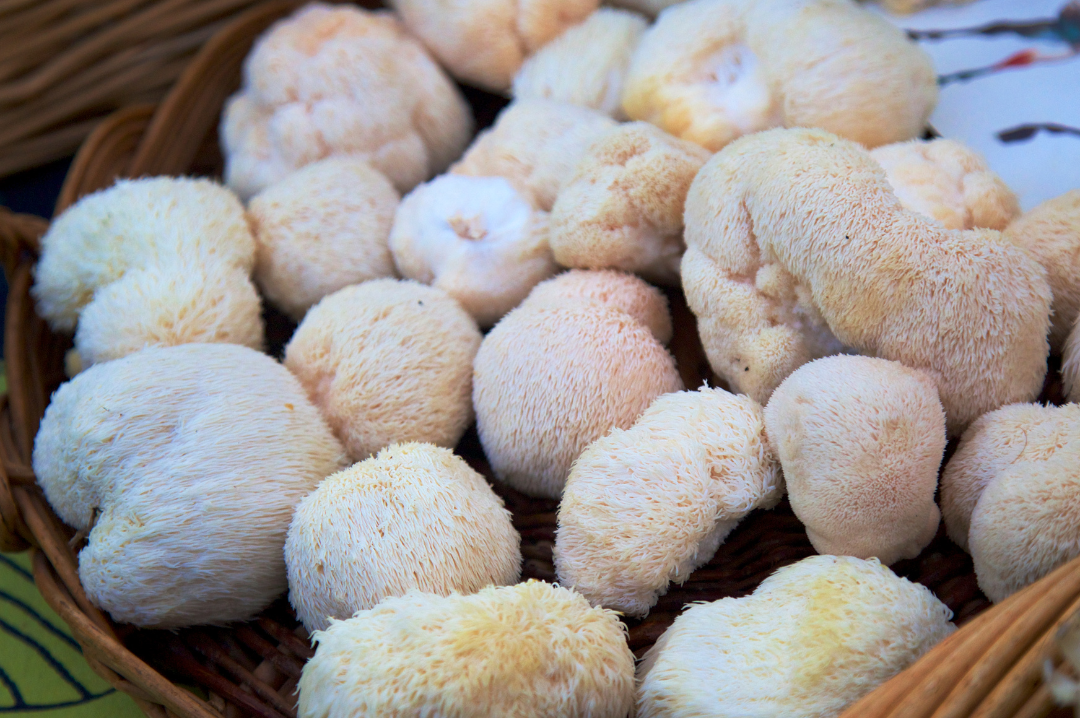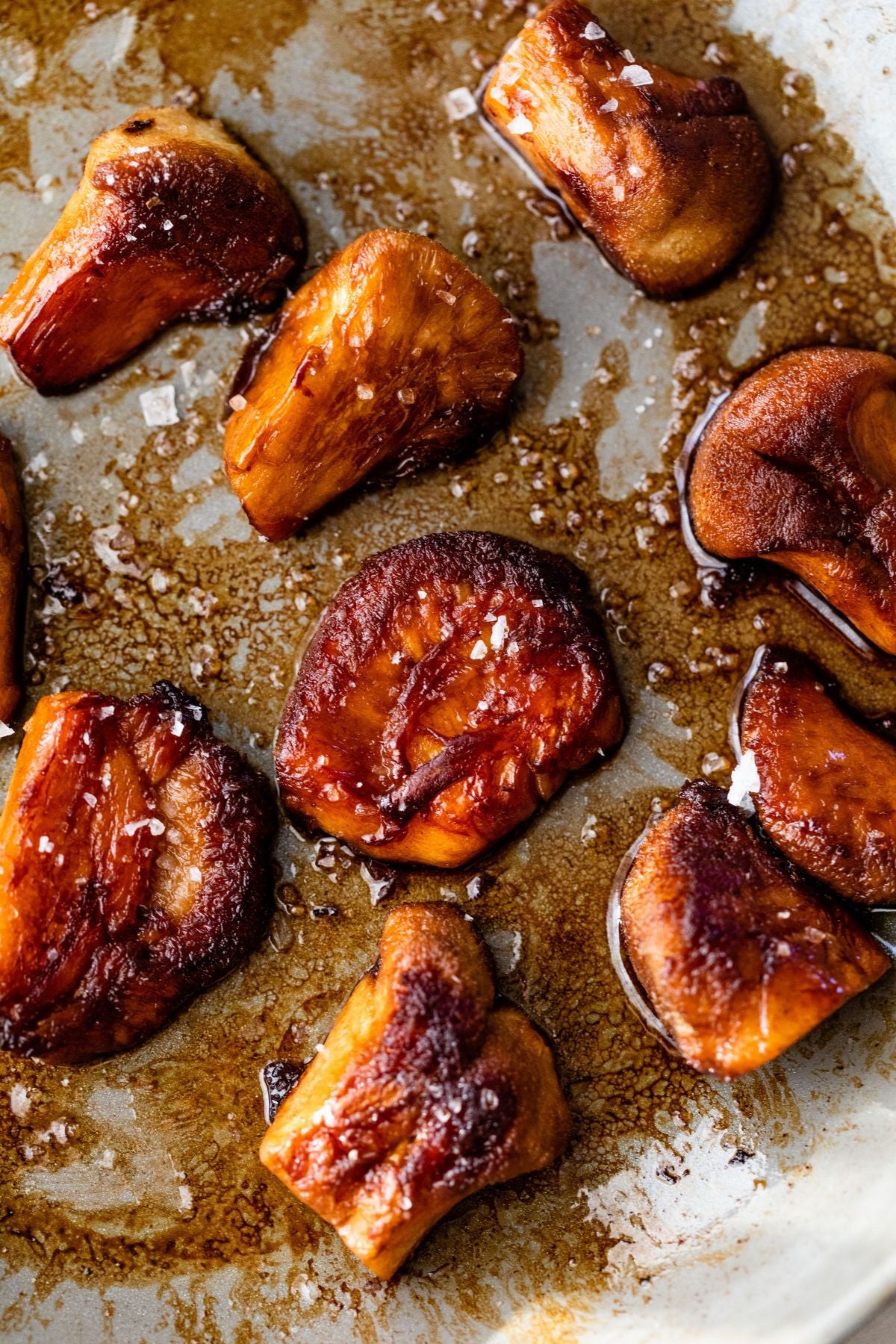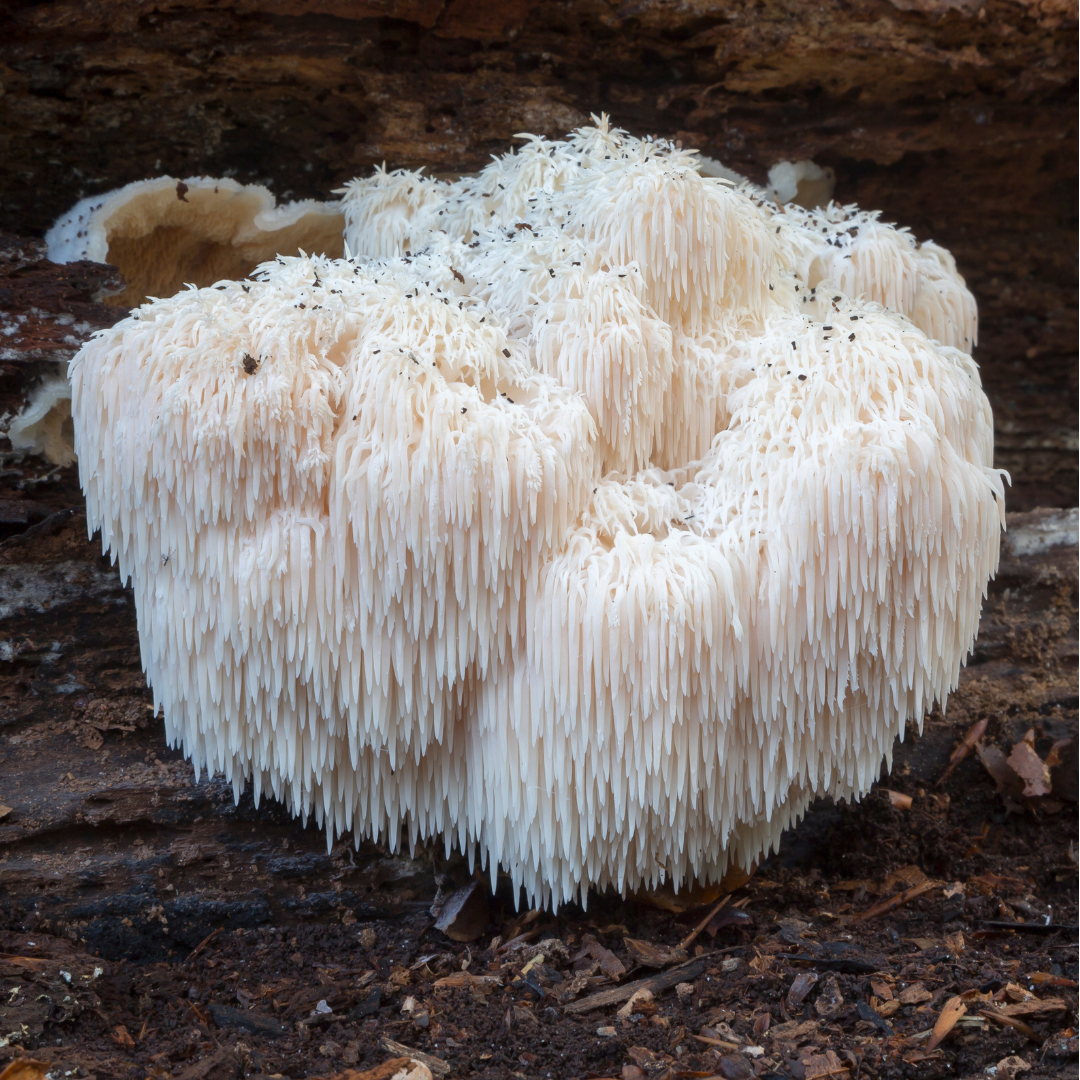
Read time: 3 min
As much as we love a good cup of coffee, sometimes we need to take a break from caffeine or switch things up a bit. Fortunately, there are plenty of coffee alternatives on the market that can give you that much-needed energy boost without the jitters. In this article, we'll explore some of the best coffee alternatives and discuss their unique strengths and weaknesses.
1. Moksha by No Ordinary Moments

One of the main strengths of Moksha Decaf is its caffeine-free nature. Caffeine can cause jitters, anxiety, and disrupt sleep, and many people find that they feel much better when they reduce their caffeine intake. With Moksha Decaf, you can enjoy the ritual of drinking coffee without the negative side effects of caffeine.
Moksha Decaf is a coffee alternative created by No Ordinary Moments, a company focused on providing holistic wellness solutions. Moksha Decaf is made with a blend of roasted dandelion root, chicory root, and carob, which creates a rich, smooth flavour similar to coffee.
However, unlike traditional coffee, Moksha Decaf is completely caffeine-free, making it a great option for those looking to reduce their caffeine intake or avoid it altogether.
Strengths: Moksha ingredients profile is outstanding. With 18 organic ingredients each specifically designed for a happy mind and body it is tough to beat. With 1250mg of medicinal mushrooms it packs a punch of magic with each cup.
Weaknesses: Moksha can be expensive compared to other coffee alternatives. But with their subscription plan you can save up to 30% and get a free frother with your first order.
2. Matcha
Matcha is a Japanese green tea that has been ground into a fine powder. Unlike regular green tea, matcha is consumed in its entirety, which means you get all the nutrients and caffeine. Matcha is known for its smooth, creamy texture and earthy flavour. It also contains L-theanine, an amino acid that can help promote relaxation and reduce stress.
Strengths: Matcha is high in antioxidants, which can help boost your immune system and reduce inflammation. It also contains less caffeine than coffee, making it a good choice for those who are sensitive to caffeine.
Weaknesses: Matcha can be expensive compared to other coffee alternatives, and it can be an acquired taste. It also requires some special equipment and technique to prepare properly.
3. Yerba Mate
Yerba mate is a traditional South American beverage made from the leaves of the yerba mate plant. It has a bitter, earthy flavour and contains about as much caffeine as a cup of coffee. Yerba mate is often consumed communally, with a gourd and a straw.
Strengths: Yerba mate contains more antioxidants than green tea and can help boost your immune system. It also contains theobromine, a compound that can help promote relaxation and reduce anxiety.
Weaknesses: Yerba mate can be an acquired taste and may not be readily available in all areas. It can also cause some stomach discomfort in some people.
4. Chai
Chai is a spiced tea that originated in India. It is made with black tea, milk, and a blend of spices such as cinnamon, cardamom, and ginger. Chai has a warming, comforting flavour and is often sweetened with honey or sugar.
Strengths: Chai is a good source of antioxidants and can help boost your immune system. It is also a great way to incorporate spices into your diet, which can have a variety of health benefits.
Weaknesses: Chai can be high in sugar and calories, depending on how it is prepared. It may also contain more caffeine than other tea-based coffee alternatives.
5. Golden Milk
Golden milk is a turmeric-based drink that has gained popularity in recent years. It is made with turmeric, milk, honey, and a blend of warming spices such as cinnamon and ginger. Golden milk has a bright yellow colour and a slightly spicy, earthy flavour.
Strengths: Turmeric has anti-inflammatory properties and can help boost your immune system. Golden milk is also a good source of calcium and can help promote relaxation and reduce stress.
Weaknesses: Golden milk can be high in sugar.






